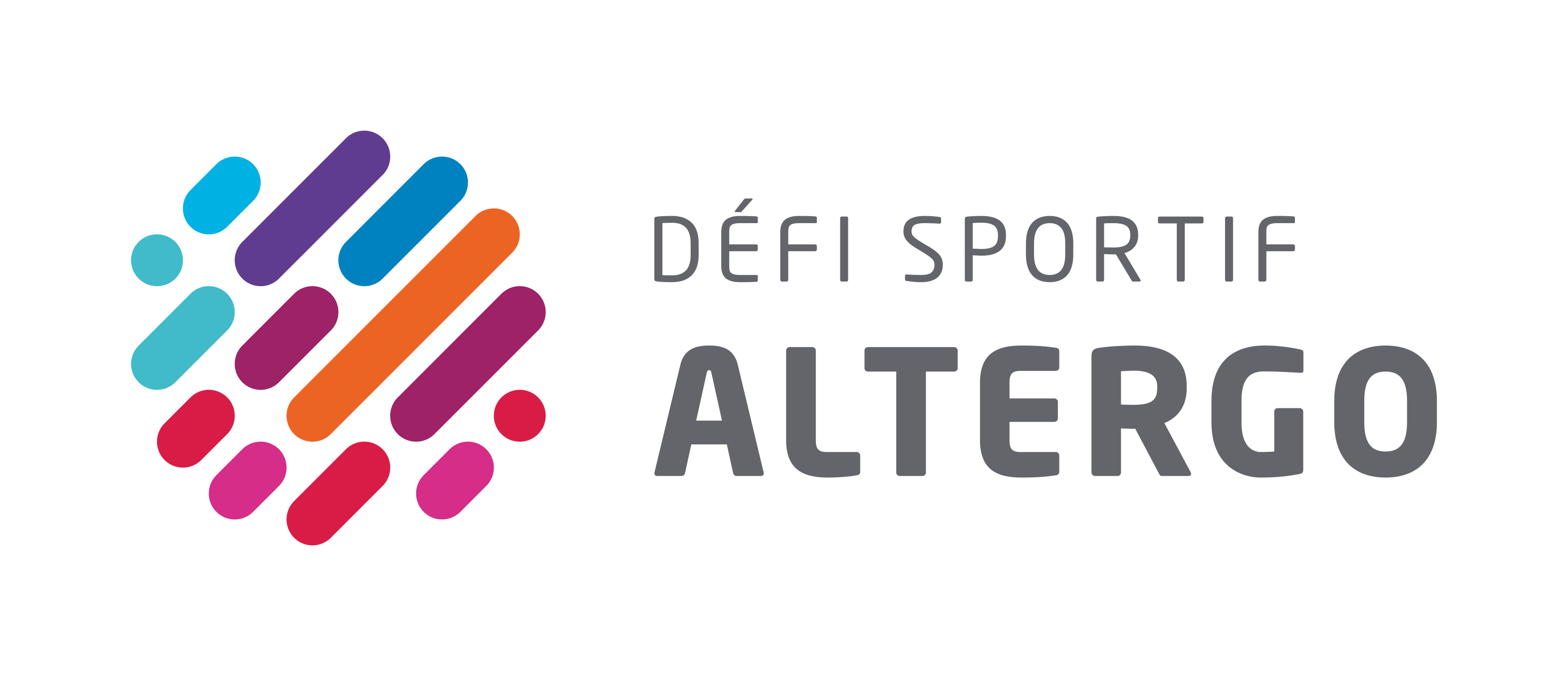On Thursday, May 2, the Défi Sportif AlterGo’s partners were invited to take part in a morning of networking and attend a panel discussion on accessible communications moderated by our spokesperson Meeker Guerrier.
The panel was comprised of Isabella Federigi, Vice-President of Content Development and Programming at AMI-télé, Marjorie Théodore, President and CEO of Vues et Voix, and Oanh Nguyen, Universal Accessibility Consultant at AlterGo Expertise.
Never stop listening
The word to retain here is “listen.”
The three panelists explained that for those working to make communications more accessible, it can be difficult to measure the impacts of their actions.
For media aimed at people with functional limitations, currently existing audience ratings are not a useful measurement tool, since it is not possible to determine whether people watching or listening at home are benefiting from adapted communication measures.
It is therefore crucial to listen to the communities being served, according to Federigi and Théodore. It is important to talk to them, to keep in touch with them on social media, and to poll them to make sure their accessibility needs are being met as effectively as possible.
For example, when AMI-télé decided to produce a cooking show for blind and visually impaired people, the team began by surveying them about a similar show produced in Toronto. The team therefore learned that their target audience wanted simpler recipes, made with more economical ingredients. And the show was a success.
Difficult changes
Nguyen, who provides support to organizations in their efforts to achieve universal accessibility, including through accessible communications, points out that changes are not always easy to implement.
In fact, making communications more accessible often involves doing away with habits that are highly ingrained, such as employing complex or technical terminology or using acronyms that are not familiar to everyone.
Nguyen worked with the city of Montréal to simplify its communications about public consultations, in order to make them more accessible. She then saw first-hand the effects of those changes at a public consultation, where half of those in attendance had a functional limitation.
She is optimistic that things will continue to change. In her experience, young employees just starting out in different organizations are more open to change and aware of the need for it. This has the potential to drive a groundswell of change, from the bottom up.
A variety of challenges
When it comes to making communications and media more accessible, the challenges are significant, especially when the goal is to make them truly accessible to everyone, regardless of functional limitation.
Some of the challenges are technological. As an example, Théodore mentioned the work that will be required to better adapt the Vues et Voix and Canal M websites to the screen readers used by people who are blind or partially sighted. Although it may seem trivial, URL links are difficult for screen readers to understand, making it difficult for those who use screen readers to navigate the web, for example.
There are also financial challenges. For AMI-télé, the declining number of cable subscribers has led directly to a decrease in revenues, which complicates matters. According to Federigi, creativity is the key.
Another challenge faced by AMI-télé and other accessible media producers is to gain popularity among the general public. Fortunately, AMI-télé’s sketch comedy series Vestiaires is currently enjoying great success in Quebec.
It’s not over yet
In short, the challenges are numerous, and the primary one is to accept that change is necessary, if we want to make communications as accessible as possible.
And accessible communications are not only a matter for people with functional limitations. As Nguyen so aptly pointed out, accessibility, both universal and specifically in communications, can make life easier for everyone.
For example, people who are deaf or hard of hearing are not the only ones who appreciate subtitled videos on social media.
When it comes to accessibility, the work is never done. There is always room for improvement, so it is important to keep paying attention and to keep looking for ways to make things better, while continuing to listen to those for whom the work is being done.
ABOUT ALTERGO EXPERTISE
AlterGo Expertise contributes to building a more inclusive society, not only by providing training, but also by developing and consolidating expertise through a number of services that educate, support, and equip organizations working in the field of universal accessibility in Quebec.
ABOUT AMI-TÉLÉ
AMI is a non-profit media organization that entertains, informs, and empowers people with disabilities. Operating three broadcasting services (AMI-télé in French and AMI-tv and AMI audio in English), AMI’s vision is to give a voice to and support Canadians with disabilities by representing their interests, concerns, and values through accessible media.
ABOUT VUES ET VOIX
Vues et Voix is an inclusive social enterprise working in the field of digital audio. It produces audio books for all and promotes access to culture and information. Every day, Canal M, the radio station of Vues et Voix, presents a wide range of programming on various subjects designed to promote the social and cultural development of people with disabilities, or of those from diverse backgrounds.


